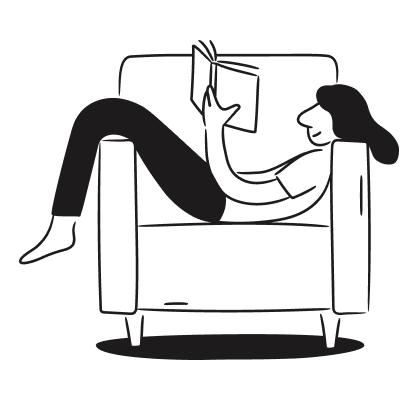Are you thriving or just 'surviving'?


Are you thriving or just 'surviving'?
-p-3200%201-min.jpg)
-p-3200%201-min.jpg)

Nearly two-thirds of people in the UK say that they have experienced a mental health issue.
If you’re concerned that you may be experiencing anxiety, stress or worry, you can self-refer to typed Cognitive Behavioural Therapy with ieso. It's confidential and available free through the NHS.
Why typed therapy?
When our mental wellbeing is generally OK, we tend not to think too much about it. But paying attention to our minds even when we're not struggling can make the difference between just 'getting through life', and really flourishing.


How it works
Our patients tell us typed therapy makes it easier to open up and reflect on their thoughts and behaviours than if they were sat in front of a therapist. The additional benefits of typed therapy include:
Taking better care of our mind
It's very easy to find ourselves stuck in survival mode - especially after the challenges of the past couple of years. If we recognise, we're in a bit of a rut and want to move forward to a life that's more fulfilling and rewarding, it might be helpful to consider for a moment the differences between surviving and thriving.
In our blog, Jo Gray - ieso CBT therapist, shares some ideas and prompts to help you take better care of your mind from day to day - not just when you're experiencing difficulties.



Begin your therapy in four steps
1. Refer and register
Self-referral is available in your area. Self-referring allows you to access online therapy quickly and easily without the need to visit your GP. Once you have self-refered and created your account, complete your questionnaires. We will then find the best therapist for your needs.

2. Start therapy
Chat with your therapist. They’ll create a treatment programme designed just for you and will help you set goals, break down issues and change unhelpful thoughts and behaviour patterns.

3. Practise
Between sessions you’ll use the new skills your therapist has taught you in real life. Your therapist will track your progress using questionnaires before each session and target the most persistent and troubling areas.

4. See results
Your therapist will help you monitor change and target the most persistent and upsetting areas.

Get started with Mindler (previously ieso)
Click the button below to self-refer. If you'd like to find out about other mental health support options available in your area, visit the NHS website.



